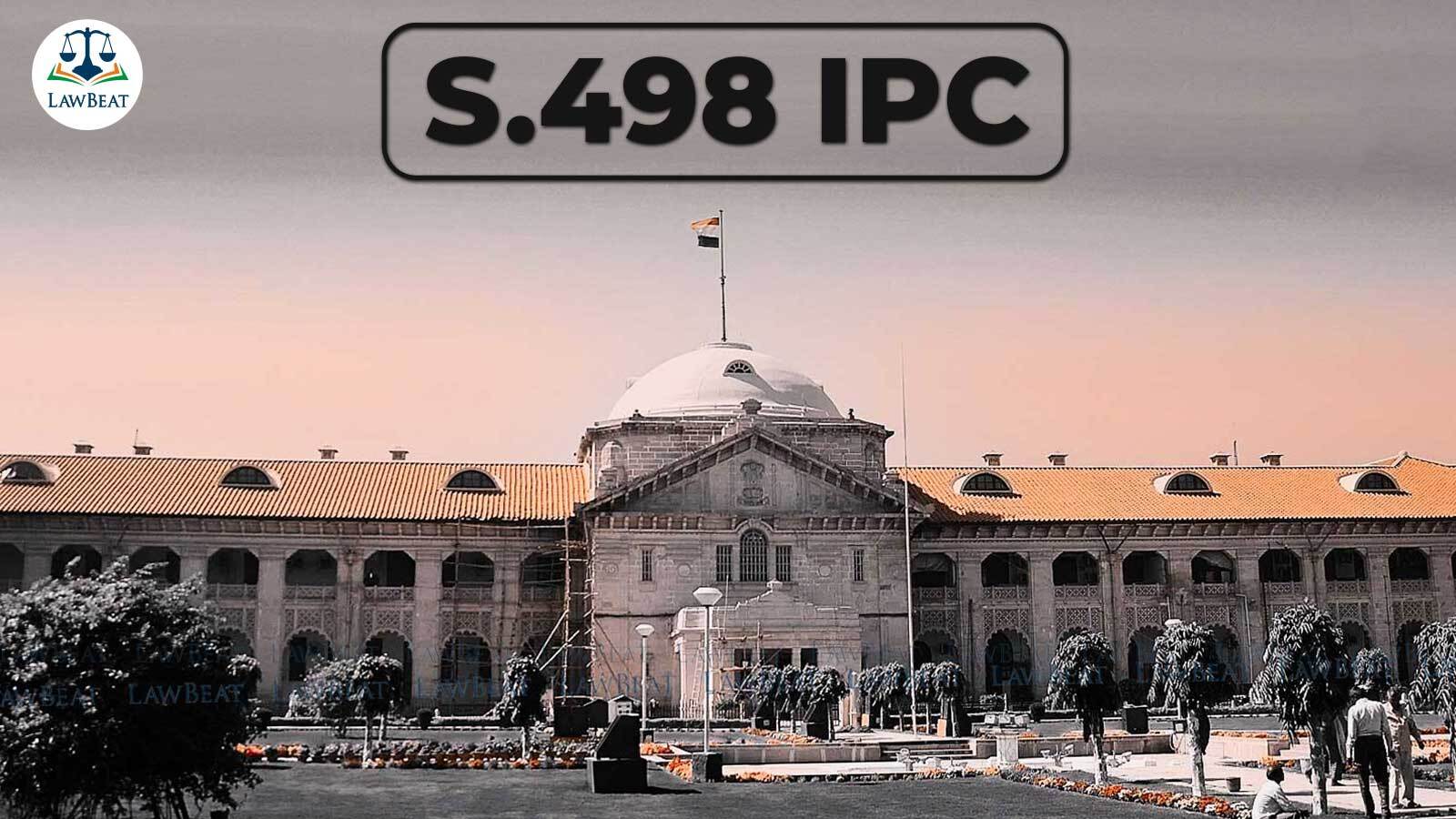Allahabad High Court issues safeguards against misuse of S. 498A IPC

The Allahabad High Court has issued certain safeguards against misuse of Section 498A of the Indian Penal Code which punishes a woman's husband/his relatives if they subject her to cruelty.
Court has directed that after lodging of the First Information Report or the complaint case under Section 498A IPC, without exhausting the “Cooling-Period” of 2 months, no arrest or any coercive action shall be taken against the husband or his family members.
Court proposed the safeguards taking note of the growing tendency in the masses to nail the husband and all family members by general and sweeping allegations in the cases of matrimonial discord between the married couples.
The directios include that each district shall have at least one or more Family Welfare Committee (FWC) comprising of at least 3 members and during the said “Cooling-Period”, the matter would be immediately referred to the concerned FWC.
After receiving the said complaint or FIR, the Committee shall summon the contesting parties along with their four senior elderly persons to have personal interaction and would try to settle down the issue/misgivings between them within a period of two months from its lodging.
The Committee after having proper deliberations would prepare a vivid report and would refer to the concerned Magistrate/police authorties to whom such complaints are being lodged after the expiry of two months by inserting all factual aspects and their opinion on the matter.
During the continuation of the deliberation before the Committee, the police officers shall themselves avoid any arrest or any coercive action pursuant to the applications or complaint against the named accused persons. However, the Investigating Officer shall continue to have a peripheral investigation into the matter namely preparing a medical report, injury report, and the statements of witnesses.
The investigation of such FIRs or complaints containing Section 498A IPC and other allied sections shall be investigated by dynamic Investigating Officers whose integrity is certified after specialized training not less than one week to handle and investigate such matrimonial cases with utmost sincerity and transparency.
When settlement is reached between the parties, it would be open for the District & Sessions Judge and other senior judicial officers nominated by him in the district to dispose of the proceedings including closing of the criminal case.
Court further directed the Registrar General of the High Court to widely circulate the instant order to all the concerned authorities including the Director-General of Police, UP; Chief Secretary, Govt. Of UP; Principal Secretary (Law), Govt. Of U.P. and all the District & Sessions Judges requesting them to constitute and establish FWCs and make them operational within a period of next three months.
Court was dealing with three revision petitions filed by in-laws and the husband of the complainant woman challenging an order of the Sessions court rejecting their discharge applications in connection with a case registered against them under various Sections of IPC including Section 498A.
The woman had alleged that her husband and in-laws harassed her for additional dowry; she was beaten and was forced to abort her child as well. She had also claimed that her brother-in-law and father-in-law tried to sexually harass her too.
The couple got married in the year 2015 and started living separately from the rest of the family since April 2017.
However, taking FIR contents into account, Court observed that the FIR, which was lodged 18 days after the alleged incidents, was not only abhorring, but full of dirt, filth, and venomous accusations against her own husband and in-laws.
Court noted that the trial judge ignored the fact that the Investigation Officer found that the couple was living separately from the man's family since 2017, so the family did not have a chance to demand additional dowry from the woman as alleged.
Court also highlighted that during the investigation, at some places the woman had claimed that the dowry demand was rupees 20 lacs and at other places, it swelled to Rs.50 lacs.
Therefore, Court held that woman's the general and sweeping allegations without any material particulars of demand of dowry by parents-in-law made the entire prosecution story a doubtful and revengeful proposition.
In conclusion, Court allowed the parent-in-law's revision plea, however, it dismissed husband's revision plea.
Case Title: Mukesh Bansal v. State of UP and Another with two other criminal revision pleas
